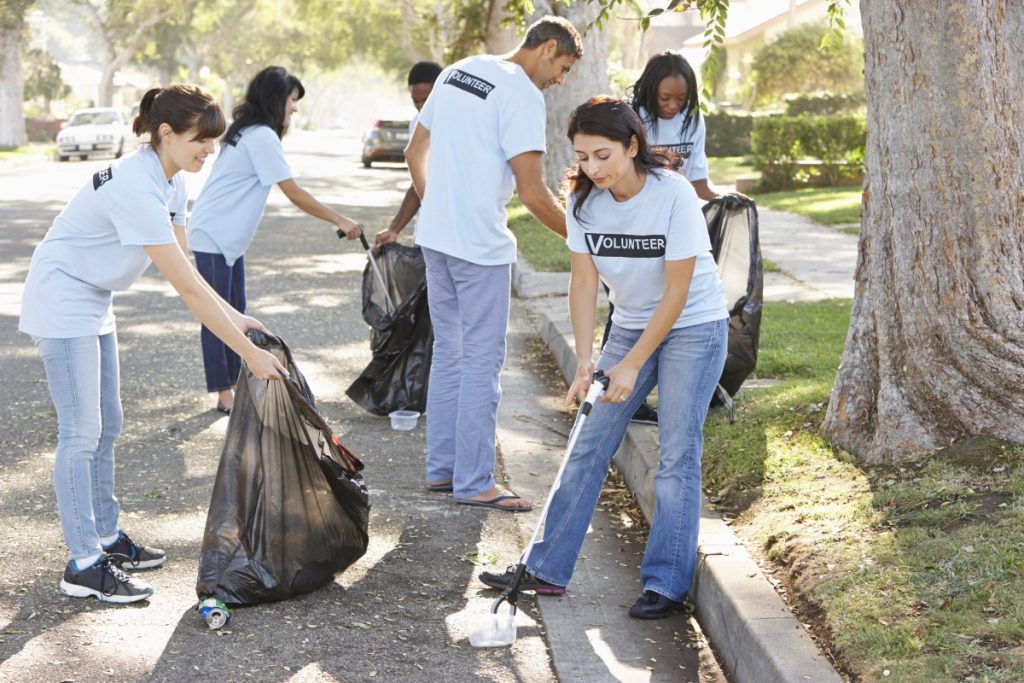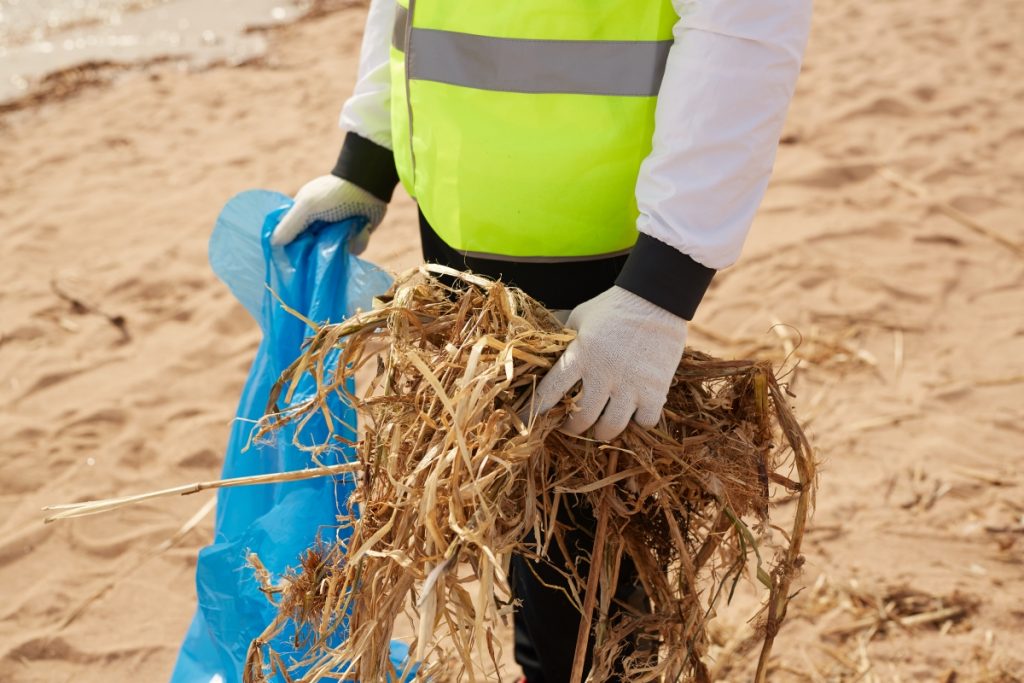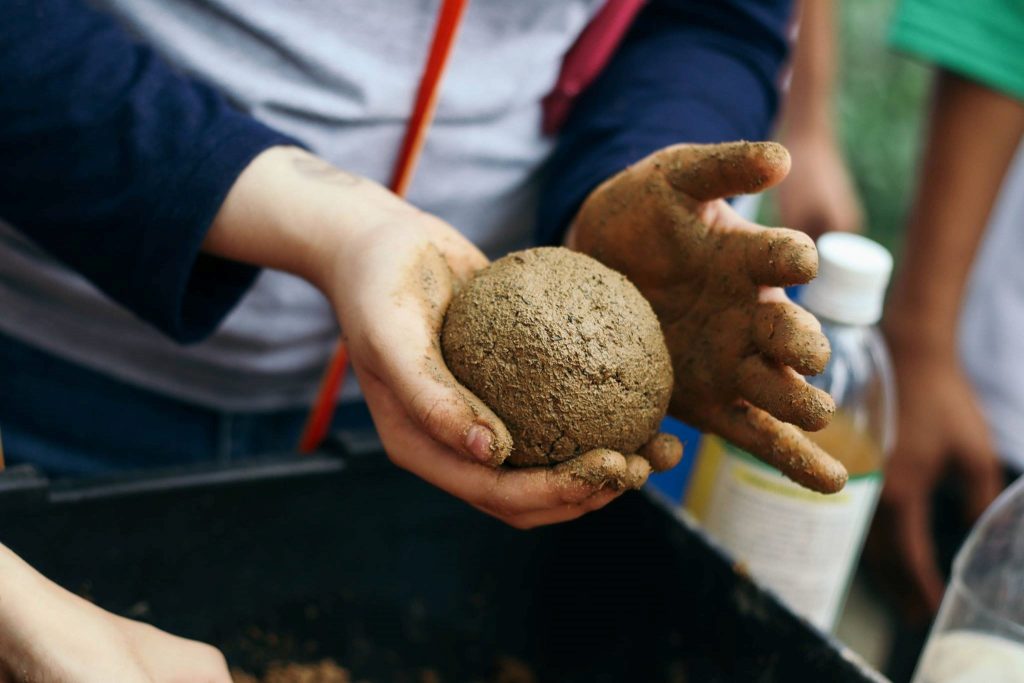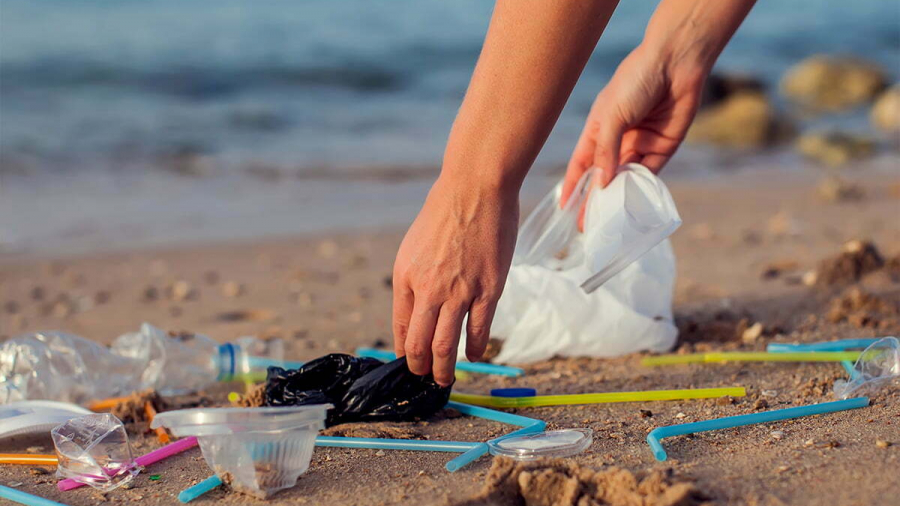There has been a widespread spotlight on river pollution of late, with the latest incident of epic proportions in Sungai Kim Kim River, Johor. Our local rivers are suffering as a result of the many types of waste that are being dumped into our water sources, be it industrial discharge, agricultural run-offs or domestic waste.
When we indiscriminately dispose of waste, they don’t just disappear into thin air. Instead, they often find their way into storm drains and streams, and eventually enter our rivers and ocean. Preventing river pollution may seem like a daunting task but there are a number of things that the average person can do, both as an individual as well as partnering others within our community.
What You Can Do As An Individual

Sometimes, changing the smallest habits can produce the greatest results. Start good habits in your family that are friendly to the environment and can protect our local waterways at the same time.
- Avoid pouring cooking oil, fat, or grease down the kitchen sink. Keep a jar to collect these contaminated liquids before discarding in solid waste or giving it to local recycling centres.
- Avoid flushing wrappers, cotton buds, medications, and drugs down the toilet. They will end up in our oceans and destroy the quality of our water sources.
- Reduce the use of bleach or detergents or avoid using them altogether. Use phosphate-free detergents and soaps when doing the dishes or your laundry.
- De-clog your drains naturally. Use a concoction of white vinegar, boiling water and baking soda and let it stay in the drain for 30 minutes before rinsing.
- Only wash when you have a full load. Be it a full load of laundry or dishware, you can save tons of water and reduce the amount of contaminated water to be treated at the same time.
- Pick up pet waste. Pet waste contain harmful bacteria which can end up in storm drains and contaminate the water systems.
- Do not discard plastic wrappers and rubbish indiscriminately. Plastic packaging, printed paper and other trash are often swept off into drains and quickly end up in local streams, lakes and rivers.
- Set up compost bins in your garden or balcony. Chemical fertilizers can find their way into underground water sources or spill over into nearby drain systems. Making compost both reduces your household waste as well as act as natural fertilizers for your plants.
What You Can Do as a Community
No man is an island. We can achieve much more with a group of people than we ever can alone. Partner with people in your neighbourhood, office or friends with shared interests to organize a community project.
Community ‘Gotong-Royong’

Actively participating in your neighbourhood or residents’ association meeting is a good way to share information about river pollution and water conservation. Start with small projects around your neighbourhood such as ‘gotong-royong’ clean-ups to remove litter on pavements, road kerbs and nearby parks.
Beach or River Clean-Up

Joining a beach or river clean-up activity with your family and friends is another way to conserve our water sources and bond with them at the same time. You can also give your vacation a twist by doing a beach clean-up. In June 2019, volunteers joined a beach clean-up at Redang Island while scuba divers contended with plastic bags, ghost nets and the destructive crown-of-thorns starfish, removing a massive 524kg of waste from the beach and sea.
Mudball River Cleanup

Another great way of cleaning up rivers and rehabilitating marine life is through the use of EM (effective microorganism) mudballs. Making and throwing mudballs is both easy and fun. In fact, many NGOs, corporate and educational bodies, schools and volunteer groups have organized this activity in Peninsular and East Malaysia as it is a relatively simple, practical and cost-effective way to clean rivers.
At the end of the day, it boils down to us to make a difference. It doesn’t matter how you chose to participate – only that you do. Together, we can leave behind a better, and cleaner, world for our children.

